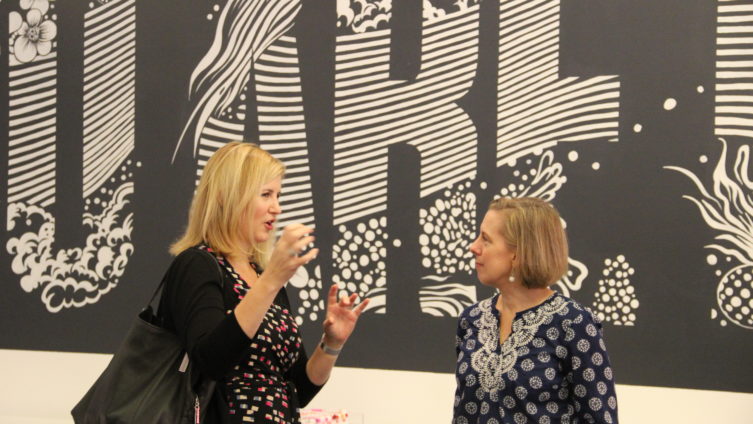
Life is full of “hard conversations” – those talks we tend to dread because they’re often fraught with the potential for hurt feelings and defensive postures. Hard conversations are necessary in life and that applies to our school community as well. We must have important conversations between teachers and students; parents and teachers; between teaching peers; faculty and staff, and the list goes on.
At TCS, we believe in lifelong learning, and one recent professional development exercise has helped turn hard conversations into opportunities for mutual understanding and support.
This past summer, TCS faculty read “Crucial Conversations: Tools for Talking When Stakes Are High,” a New York Times bestseller that shares techniques on how to “communicate best when it matters most.”
While reading this book, our faculty explored various communications tools to help:
- Make it safe to talk about almost anything*
- Be persuasive, not abrasive*
- Keep listening when others blow up or clam up*
- Turn crucial conversations into the action and results you want*
*Excerpted from Crucial Conversations
One of the early principles of the book is to “start with heart” in any conversation. At home, in the office, with family members and in schools, crucial conversations have a profound impact on our lives and our happiness.
“If you’re speaking to somebody in a hard conversation, they need to understand that you’re trying to support them and that you believe in them,” said Allen Broyles, TCS assistant head of school.
“Having a conversation doesn’t mean ‘conflict’ and that was a big ‘aha’ for everyone,” said Melissa Scott, TCS director of research and learning design. “We’ve all read the book now, and so there’s a common knowledge that everyone is using to communicate more effectively. We can receive and give feedback and not automatically look at feedback as being negative.”
Melissa also notes, “It’s a part of the bigger picture of TCS being a learning environment for everyone – a culture of lifelong learning.”









